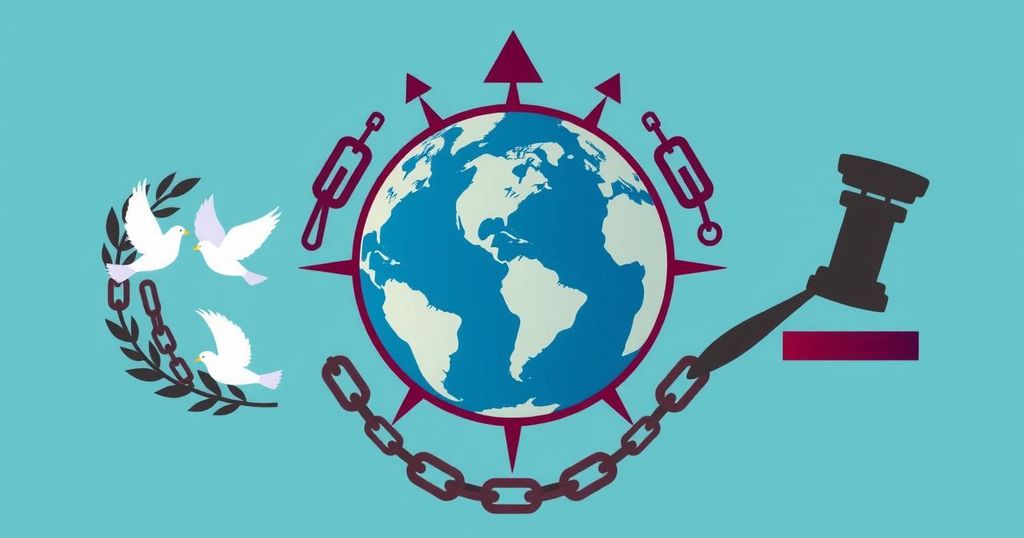The article critiques U.S. demands for Iran’s nuclear disarmament, arguing that such demands reflect double standards compared to Israel and highlights the complexities of previous Western interventions. It contends that effective diplomacy should prioritize respect and mutual understanding rather than coercive tactics, emphasizing Iran’s historical context and resilience in the face of sanctions.
The debate surrounding Iran’s nuclear program has regained prominence in U.S. foreign policy discussions, particularly following a recent article from the Wall Street Journal advocating for Iran’s comprehensive nuclear disarmament. This article, “The Art of the Nuclear Deal With Iran,” references a report from the Foundation for Defense of Democracies, asserting that Iran must dismantle its nuclear infrastructure, similar to historical precedents set by South Africa in 1990 and Libya in 2003. It suggests that significant pressure, including sanctions and military intimidation, is necessary to ensure Iran’s compliance.
However, this narrative is flawed, as it neglects Iran’s historical context, highlights discrepancies in U.S. and Israeli policies, and ignores the repercussions of prior Western interventions in the region. Effective diplomacy requires the United States to adopt a more equitable approach rather than resorting to coercive measures.
In summary, the calls for Iran’s nuclear disarmament raise pertinent questions of fairness, as they fail to recognize the double standards evident in international nuclear policy. While critics argue that Iran must relinquish its nuclear capabilities, it is crucial to consider the broader geopolitical context and the asymmetrical demands placed on different nations. A productive path forward lies in respectful, reciprocal negotiations that acknowledge Iran’s rights and history. Ultimately, genuine diplomacy, rather than coercion, is essential for achieving lasting stability and security in the region.
Original Source: www.tehrantimes.com




